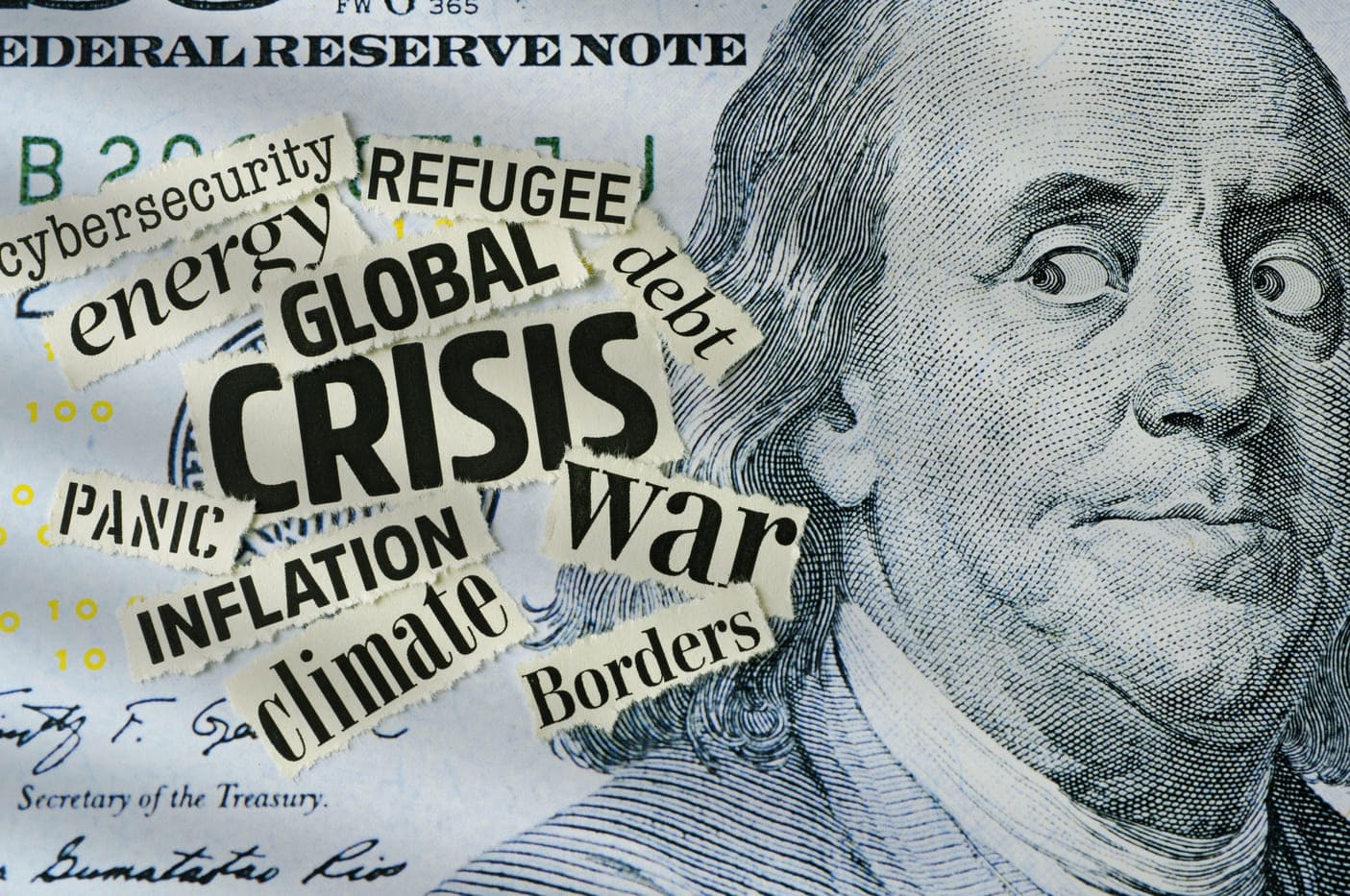Frugality as a Lifestyle: Smart Consumption in the Age of Excess

Why Smart Consumption is Becoming a Global Trend
Modern society faces growing challenges: the environmental crisis, overproduction, inflationary pressure, and an uncertain future. These factors are driving a shift in consumer behavior. More and more people are rejecting impulsive purchases and excessive consumption in favor of conscious, rational, and long-term decisions. A new cultural code is emerging—smart consumption, where frugality becomes not a measure of survival, but part of a value system.
This behavior is not built on sacrificing comfort, but on rethinking priorities: it's not about quantity, but quality; not novelty, but utility. The idea is gaining ground in society: the best way to care for the future is to manage the present wisely.
Frugality as a Way to Care for Yourself and the World
The philosophy of frugality is not limited to financial goals. It is, above all, an approach that helps build a more sustainable lifestyle. Reducing the consumption of both material goods and digital services directly contributes to a smaller carbon footprint, less waste, and lower demand for resources, the production of which is often associated with environmental and social costs.
To be frugal means not only to spend less but also to choose more effective ways of interacting with goods and services. This can include:
- Reusing items;
- Buying second-hand goods;
- Rejecting single-use solutions in favor of reusable ones;
- Sharing—from transportation to digital services;
- DIY repairs, upcycling, and recycling.
Rejecting Excess: Buying Less, but Smarter
The modern consumer asks themselves questions before making a purchase: Do I really need this? How durable is it? Is there an alternative? These habits form a new consumption model where value is determined not by marketing, but by real necessity.
Budget planning, avoiding spontaneous purchases, and regularly reviewing needs are tools that not only reduce spending but also prevent the accumulation of unnecessary items. Such actions are not just rational—they are psychologically liberating from the pressure of material success and "obligatory newness."
Sharing as the Foundation of Sustainable Consumption
One of the notable trends is the shift from individual ownership to shared use. This applies to both physical objects (bicycles, tools, cars) and digital products. This model allows people to enjoy the same benefits while reducing both personal expenses and the overall environmental footprint.
The sharing economy is particularly active in the digital sphere. Cloud technologies, multi-access, and family accounts make it possible to share access to information, content, education, and software without the need to purchase multiple licenses.
Digital Frugality: The Example of the Friendly Share Platform
Shared subscriptions to online services are a practical example of smart frugality in everyday life. Instead of overpaying for expensive premium subscriptions, users team up to rationally use a family plan for such subscriptions on legal terms. This is done through necessary platforms where users occupy only one individual spot.
One such platform is Friendly Share—an online service that simplifies the process of bringing users together for shared access to subscriptions. It offers a secure interface, automatic payment distribution, and a convenient system for finding groups by interest.
Friendly Share fosters a digital community of conscious consumers. Instead of extra costs for unused profiles in family subscriptions or the need to find suitable people on their own, users who share subscriptions through specialized platforms get access to the content they need with minimal expenses and without losing convenience. This approach is in the spirit of the times: to share is to act wisely.
Why Frugality is Not a Compromise, but a New Norm
Modern frugality is not about scarcity, but about choice. It is not a temporary measure, but a sustainable strategy that combines rationality, sustainability, and ethics. Smart consumption reflects maturity and the ability to act with an eye to the future. By forming habits of planning, sharing, and rejecting the unnecessary, a person becomes not just frugal—they become freer. Free from marketing pressure, debt, unnecessary things, and meaningless spending. At the same time, they share, use resources efficiently, and become part of a global movement for more mindful consumption. Frugality is not regression, but evolution. And you can take the first step towards it today—for example, by starting to use platforms like Friendly Share for smart access to the services you really need.
